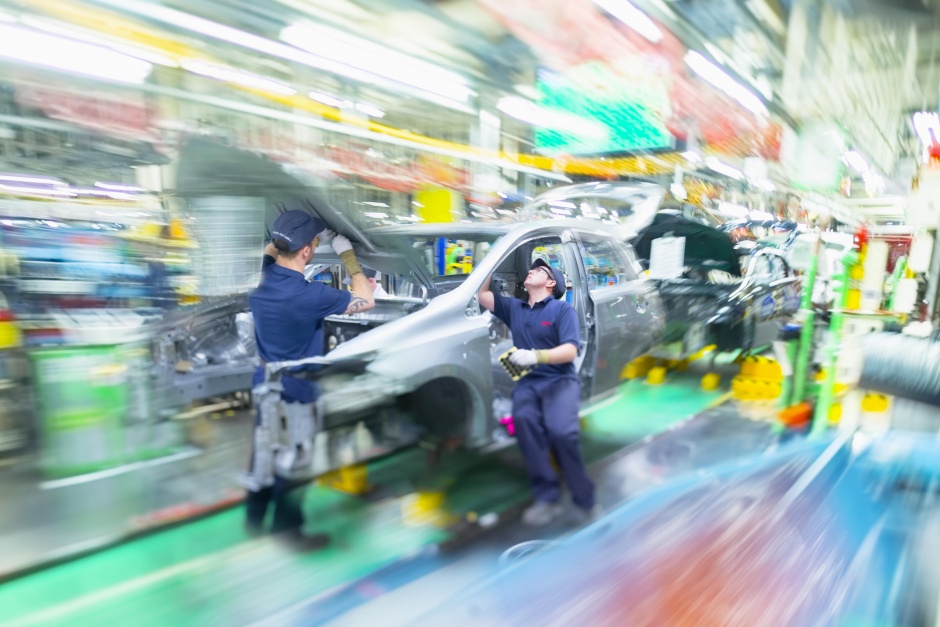The chairman of Toyota, Akio Toyoda, has warned that the automotive industry will inevitably suffer if talks break down on the terms of the UK’s withdrawal from the European Union. “Spiralling logistics and production costs” will hit company profits and force up car prices, Toyoda warned in a statement.

While expressing his “respect and appreciation” for the efforts of the UK government and European Union representatives in trying to reach an agreement, Toyoda stressed how high the stakes were for his company and others in the automotive sector.
“If no withdrawal agreement is reached and the transition period through December 2020 is consequently not implemented, corporate activities and consumers will be adversely affected by the impacts of suspended production activities resulting from failed just-in-time logistics operations, declines in revenue, and revised vehicle sales prices caused by spiralling logistics and production costs,” he commented. “We hope that both the UK and EU governments will continue to make maximum efforts to reach a satisfactory settlement and that a “withdrawal without agreement” is avoided at all costs. We also ask that flexible responses be implemented to ensure a smooth transition for all relevant systems following the UK’s withdrawal, enabling minimal impacts on business activities.”
Toyota operates a production plant in Burnaston, Derbyshire, and in February of this year unveiled a plan to invest £240m in the facility, aided by a £23.1m government grant, to build the next generation of its Auris hatchback. At the time, Toyota Europe president Johan van Zyl said the investment would ensure that “in the worst case scenario” the company would still be able to continue its business in the UK, but warned that future investment will depend on the establishment of frictionless trade with the EU.
In his comments today, Toyoda pointed out “Japanese automakers' contributions to the economy and employment in the UK and the EU position us as stakeholders in the automobile industry in both the UK and Europe. For those contributions to continue, it is necessary that an unimpaired trade environment between the United Kingdom and the European Union be maintained and that the automobile industry’s activities remain predicated on shared standards, including those regulating vehicle certification.”




Labour pledge to tackle four key barriers in UK energy transition
I'm all for clarity and would welcome anyone who can enlighten me about what Labour's plans are for the size and scale of this Great British Energy....